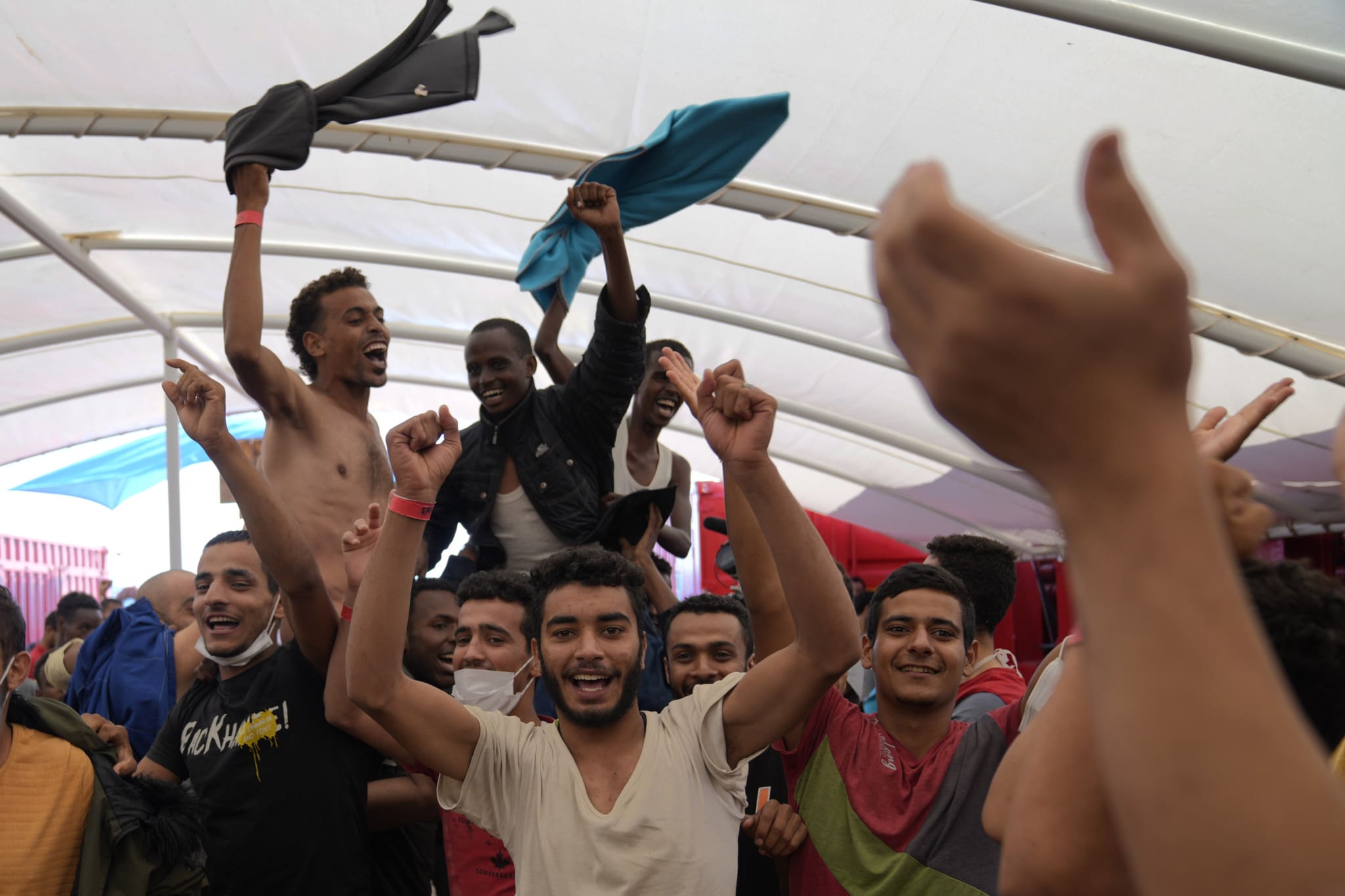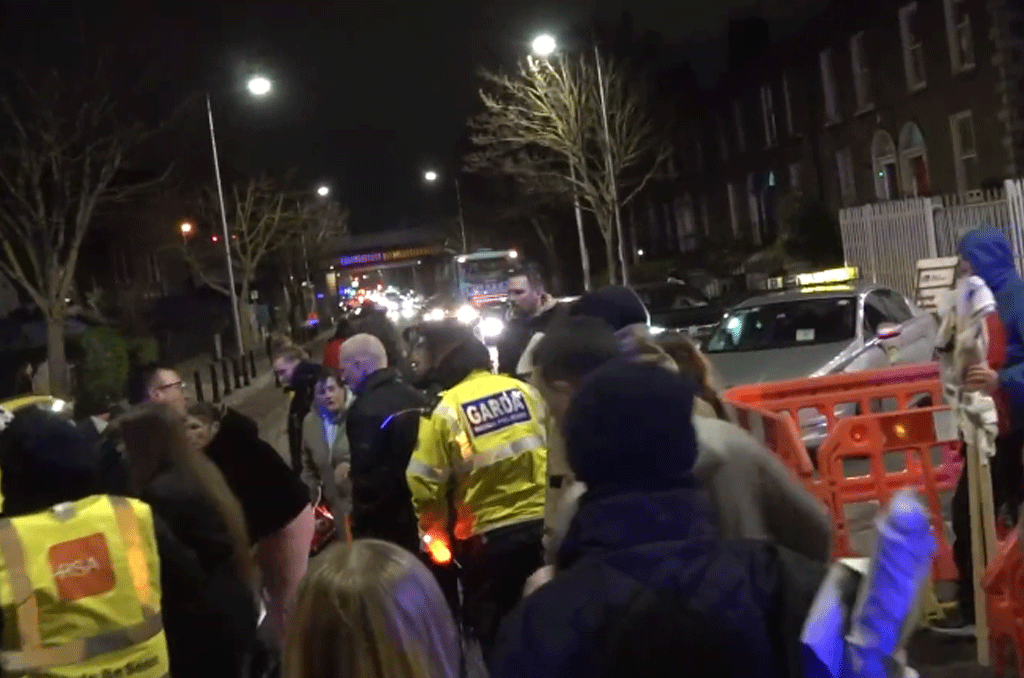The Italian Chamber of Deputies has approved a government decree designed to limit the activity of humanitarian vessels escorting migrants from the Mediterranean to the shores of Italy.
The decree, announced by Prime Minister Giorgia Meloni in January, orders humanitarian vessels to head for the nearest port following a rescue at sea “without delay,” preventing them from laying down anchor and waiting for more distress signals from other migrant boats.
The bill, which will enshrine the decree into primary legislation, was passed with 187 votes in favor, 139 against, and three abstentions.
The government is concerned the continual presence of the NGO boats operating in the region entices migrants to attempt the perilous journey from North Africa in their bid to reach Europe.
NGO boats that are found to be ignoring the new rules will have their captains fined up to €50,000 and their boats impounded.
The legislation will now move to the Senate where it must be considered by March 3.
[pp id=60695]
SOS Méditerranée, which operated the Ocean Viking rescue ship in the region, expressed its “deep concern” at the approval of the government decree by the Chamber of Deputies, adding that “the combined effect of the decree and coordination practices applied to NGO vessels is a fatal reduction of rescue capacity in the Mediterranean.”
“These measures are clearly designed to hinder NGOs undertaking life-saving search and rescue missions in the central Mediterranean,” added Amnesty International in response to the vote.
Grazia Di Maggio, a deputy of Meloni’s Brothers of Italy (FdI) party, claimed the decree is “a provision passed in full compliance with the rules of international law that aims to defend borders and put an end to human trafficking.”
Paolo Emilio Russo, an MP for Meloni’s coalition partner Forza Italia, said the legislation would “make legal ways (to reach Italy) more efficient by discouraging illegal ones.”
He insisted the government still “takes care of the minors (…) who end up on the hell of those ships, passed through the hands of those murderers who are the smugglers. We don’t need lessons.”
[pp id=54908]
Prior to the decree’s announcement in January, humanitarian vessels could often spend weeks at a time at sea responding to distress calls from migrant boats. The Italian government believed this was not only counter-productive but also encouraged more migrant boats to make the trip from the shores of Africa since they only had to travel half the distance, with NGO ships then intervening to taxi their passengers to Italy.
The Italian government will be bracing itself for legal challenges against the legislation, which human rights campaigners argue contravenes EU law.
A number of legal challenges against government decrees restricting NGO activity have already succeeded, including a Feb. 6 ruling by a court in Catania, which held that a government decree imposing restrictions on the Humanity 1 NGO vessels back in November last year was unlawful.
The controversy surrounding the Italian government’s radical plans to tackle illegal immigration has not affected its popularity with the electorate. In fact, the right-wing coalition enjoyed even greater electoral success over the weekend by retaining control of the regional government in Lombardy, which covers the Milan financial district, and gaining control of Lazio, which covers the capital of Rome.





